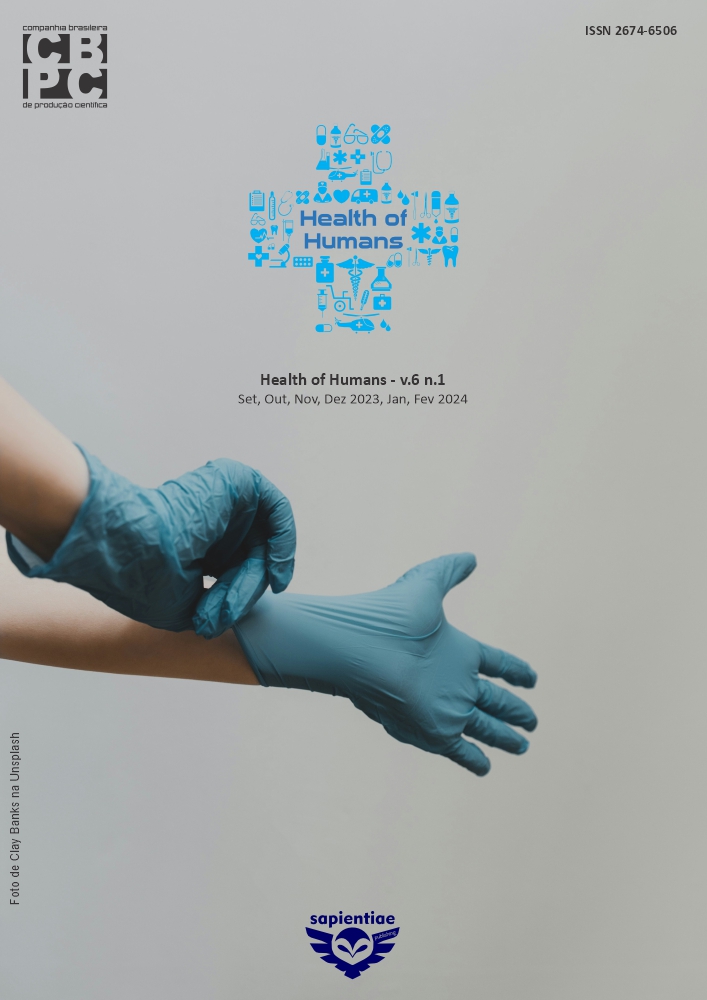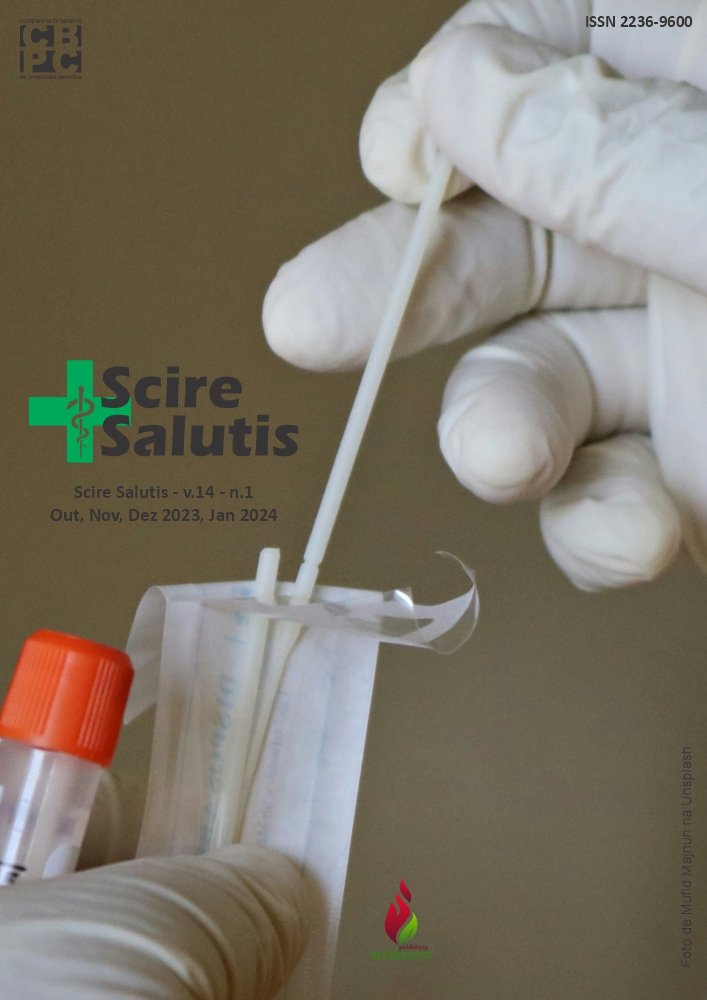Effectiveness of complementary and pharmacological treatments in Attention Deficit Hyperactivity Disorder (ADHD)
DOI:
https://doi.org/10.6008/CBPC2674-6484.2024.006.0002Keywords:
Attention Deficit Hyperactivity Disorder, ADHD, Drug Therapy, Complementary TherapiesAbstract
Attention Deficit Hyperactivity Disorder (ADHD) is a neurobehavioral disorder that affects children, adolescents, and adults worldwide. The treatment of ADHD has historically focused on stimulant medications, but research on complementary treatment approaches has significantly increased in recent years. The aim of this study is to investigate the efficacy of both pharmaceutical and complementary treatments for ADHD and their impact on clinical practice according to scientific evidence. This study is an integrative literature review that analyzes the treatment of Attention Deficit Hyperactivity Disorder (ADHD). Using the PICO strategy, it investigated the efficacy of pharmaceutical and complementary treatments for individuals with ADHD. The research was conducted in the Virtual Health Library (VHL) and PubMed, with specific inclusion criteria. Relevant articles were selected, read in full, and their essential information was extracted to present the key findings regarding ADHD treatments. Several studies were analyzed, each with its specific focus on ADHD treatment. Study E1 addressed the effectiveness of online play therapy for children with ADHD, while E2 investigated the intervention of sleep in conjunction with conventional treatment. E3 discussed the impact of ADHD in adults and medication therapies. E4 explored the effects of music therapy, E5 examined Repetitive Transcranial Magnetic Stimulation (rTMS), and E6 compared Methylphenidate with a placebo. Additionally, E7 assessed meditation as a complementary intervention, and studies E8 and E9 highlighted cognitive training as a complementary approach to improving skills in individuals with ADHD. Each study contributed relevant information on different aspects of ADHD treatment. The ideal approach for ADHD should be personalized, considering the individual needs of each affected person. Consulting specialized healthcare professionals is essential to determine the most appropriate treatment.
Downloads
Published
Issue
Section
License
Copyright (c) 2024 Medicus

This work is licensed under a Creative Commons Attribution-NonCommercial-NoDerivatives 4.0 International License.
The CBPC - Companhia Brasileira de Produção Científica (Brazil CNPJ: 11.221.422/0001-03) the material rights of the published works. The rights relate to the publication of the work anywhere in the world, including rights to renewals, expansions and dissemination of the contribution, as well as other subsidiary rights. All electronically published works may subsequently be published in printed collections under the coordination of this company and / or its partners. The authors preserve the copyright, but are not allowed to publish the contribution in another medium, printed or digital, in Portuguese or in translation.








